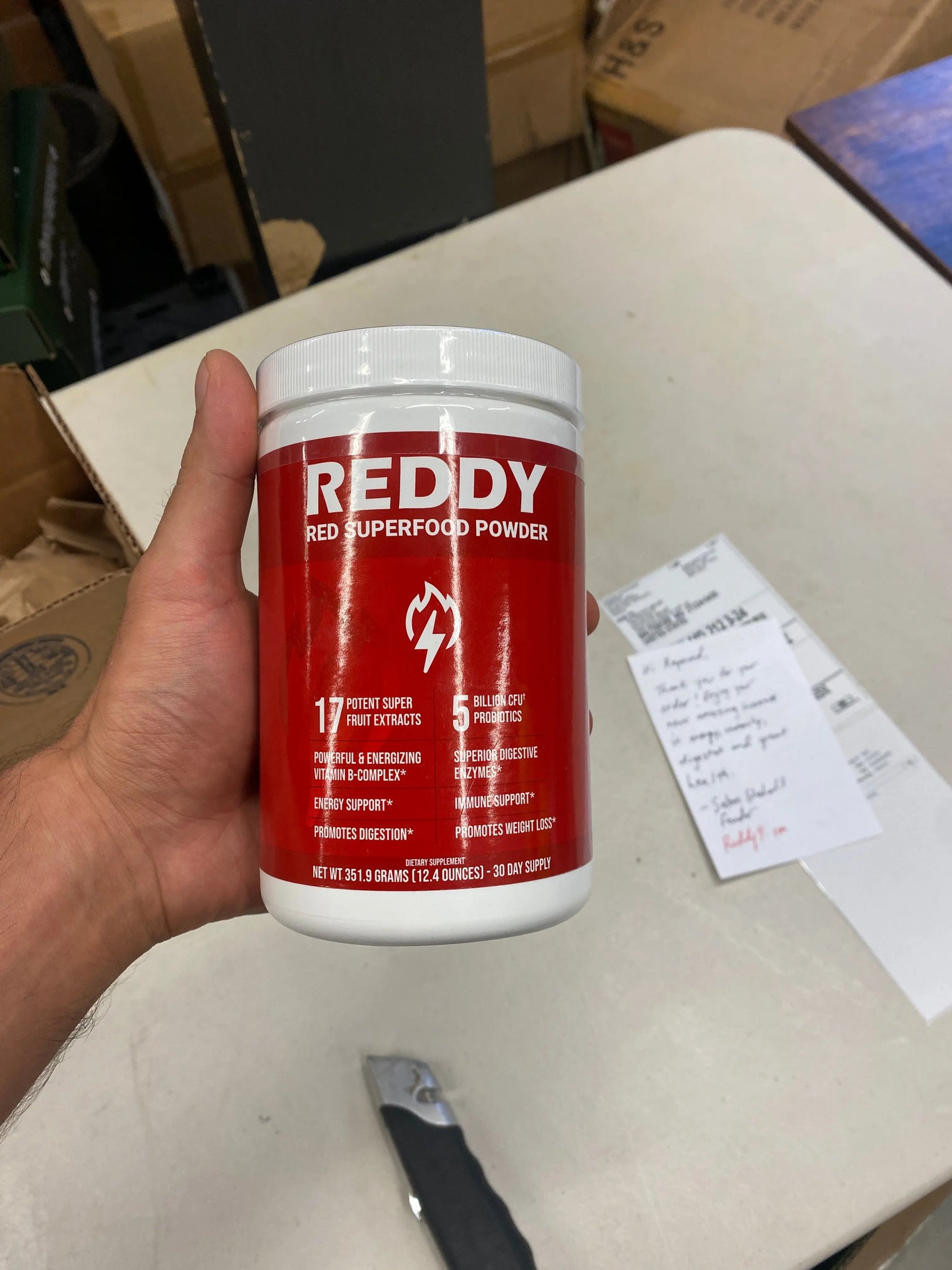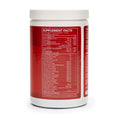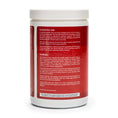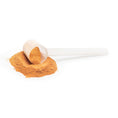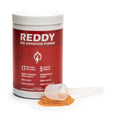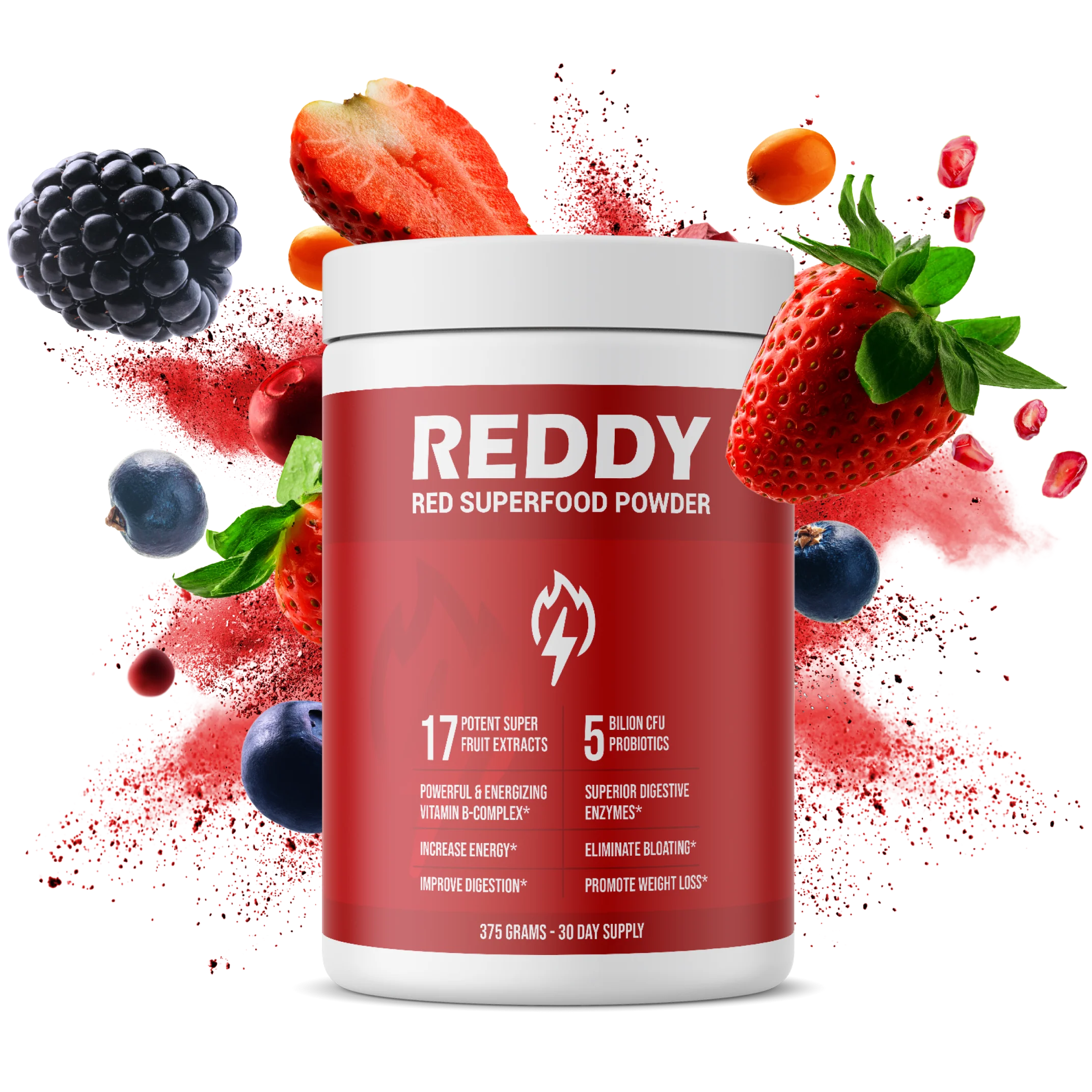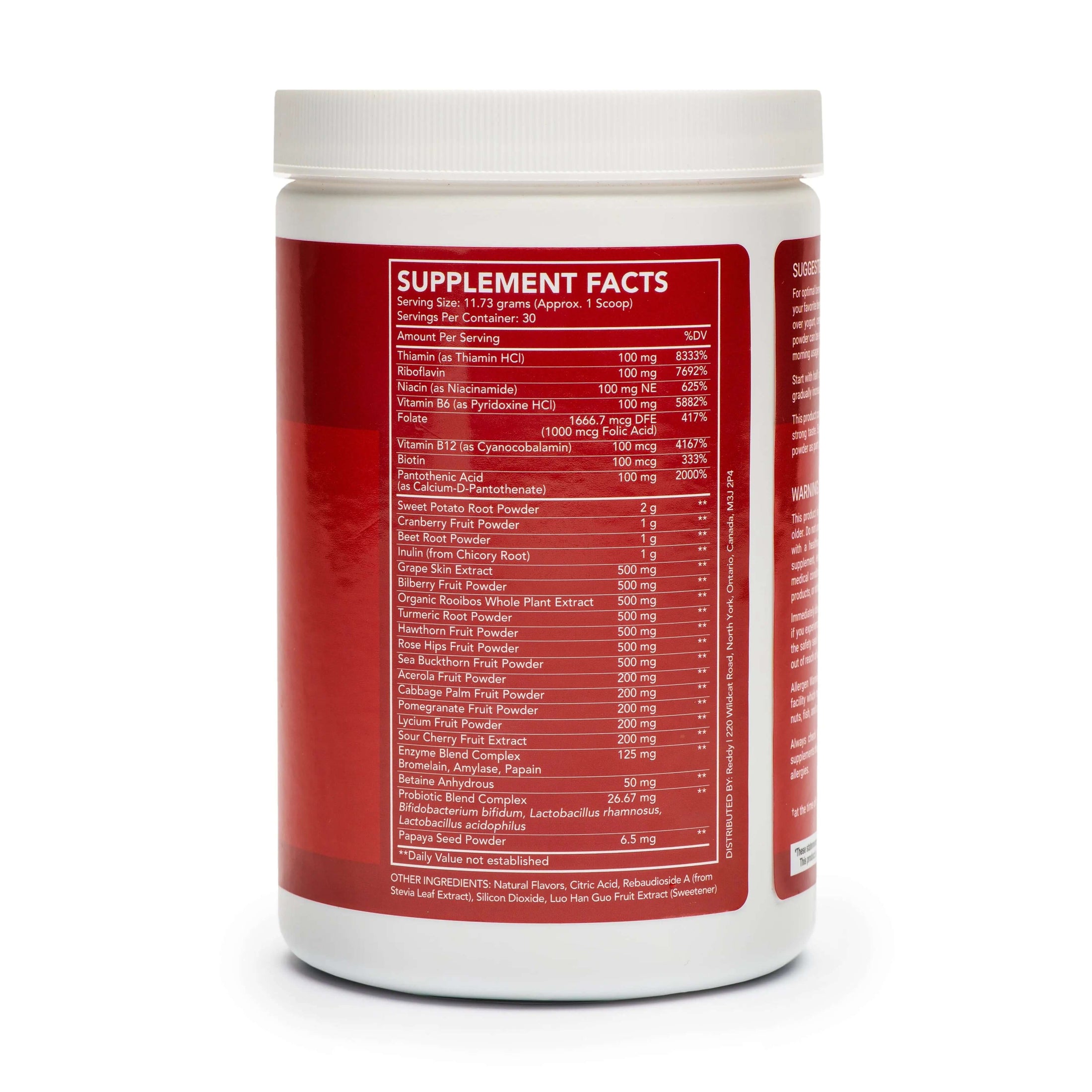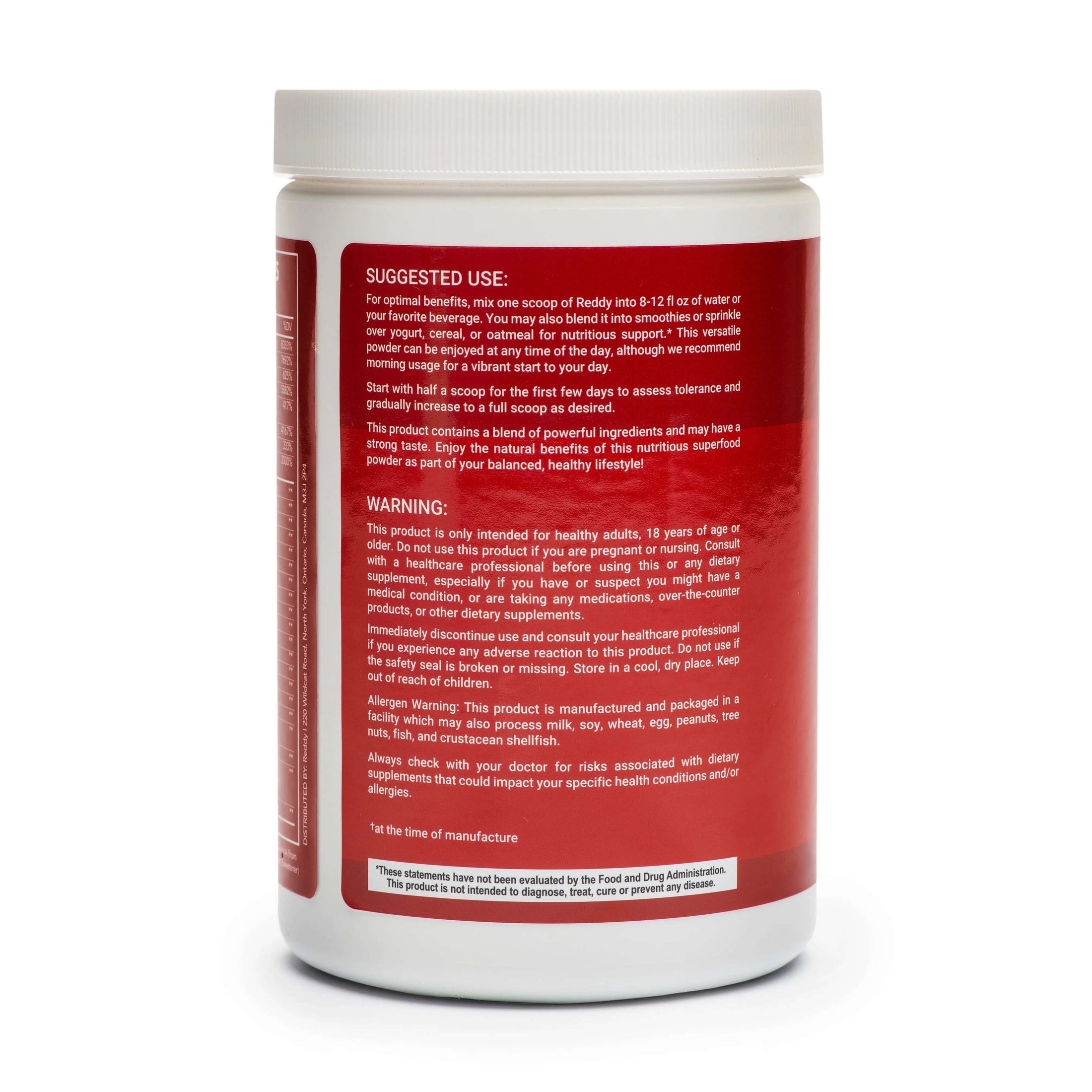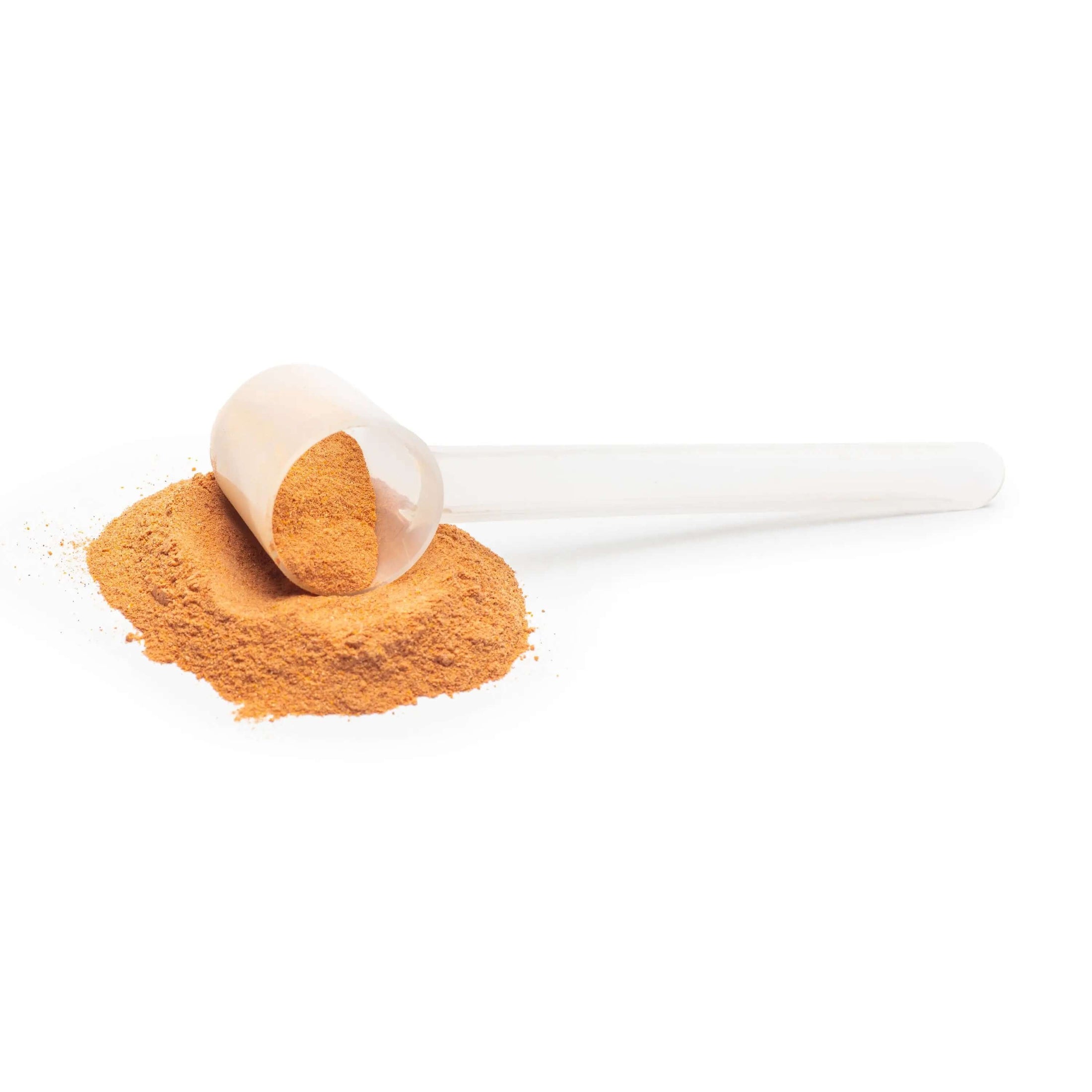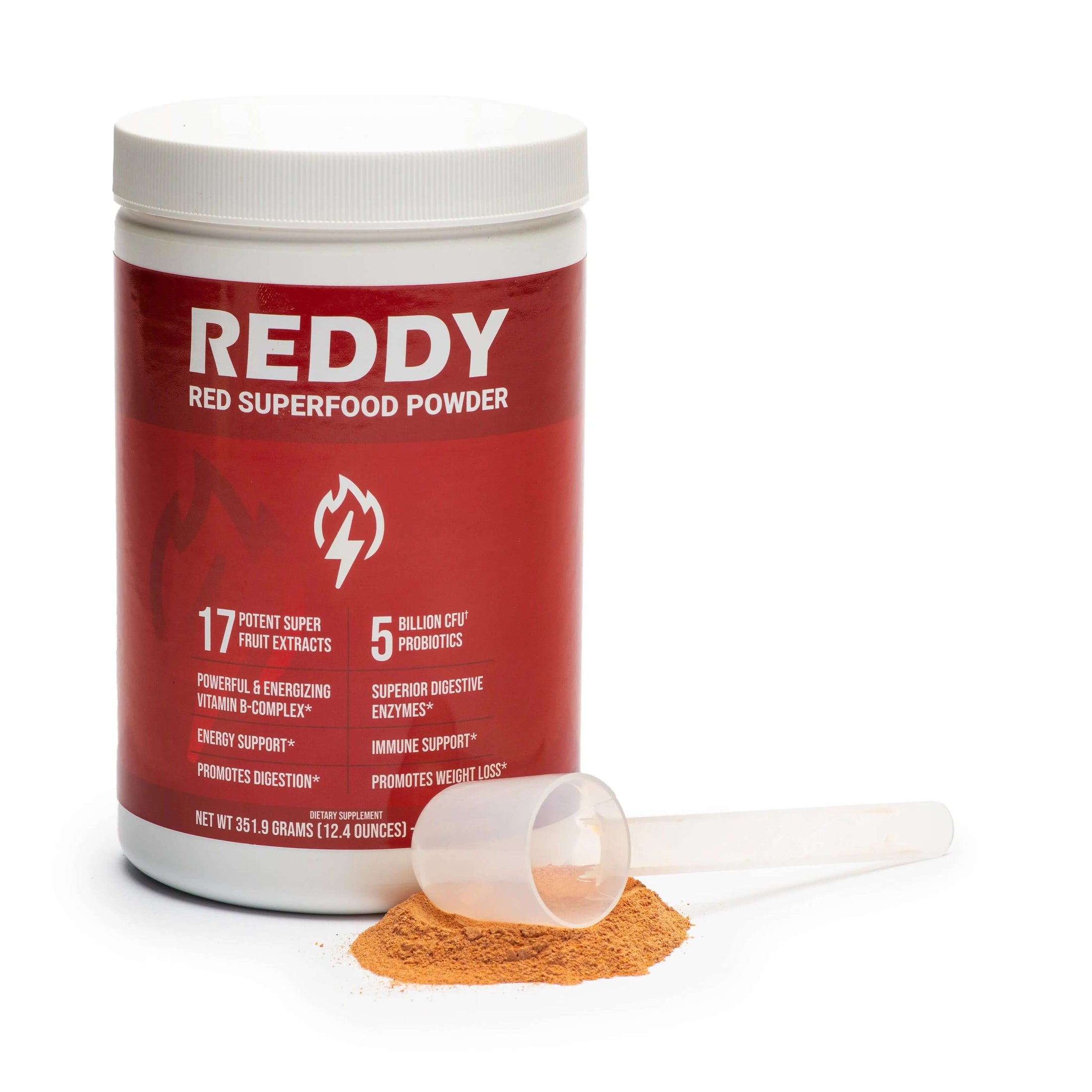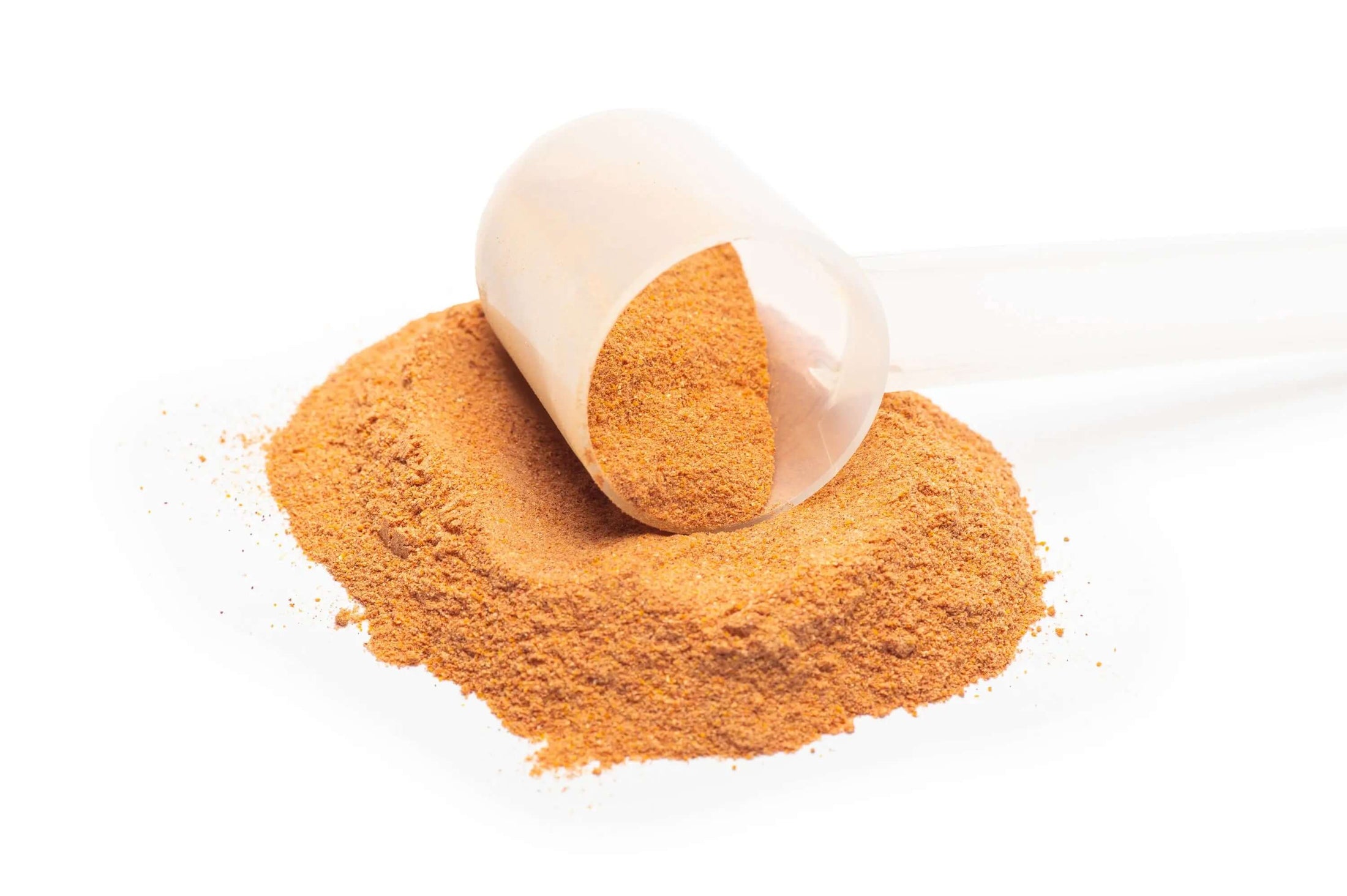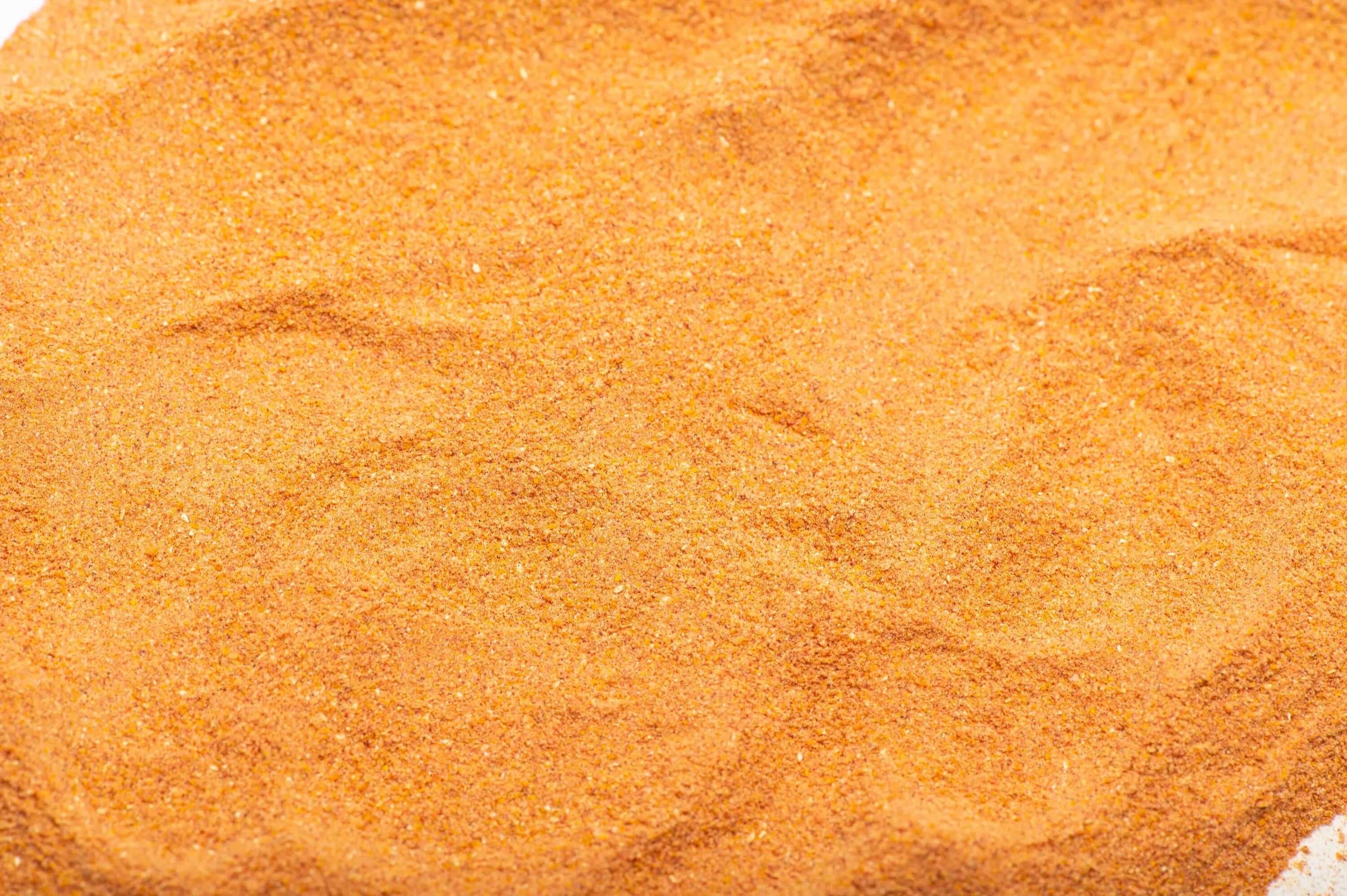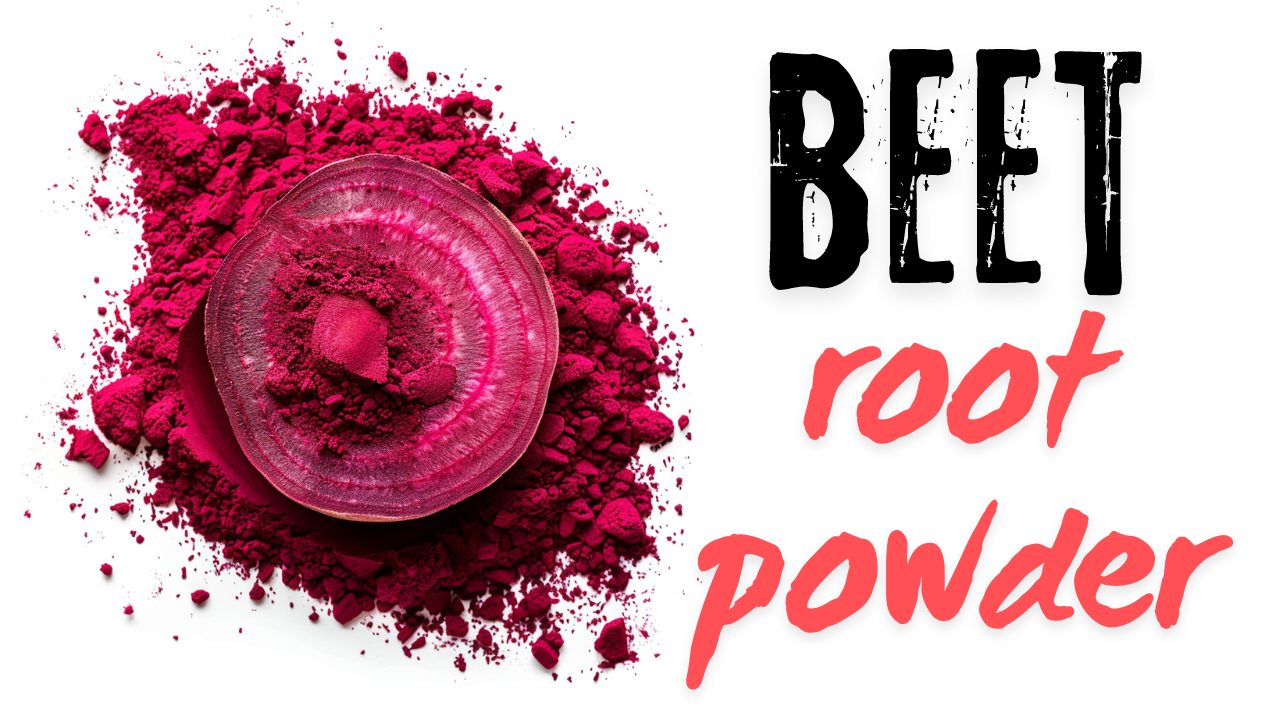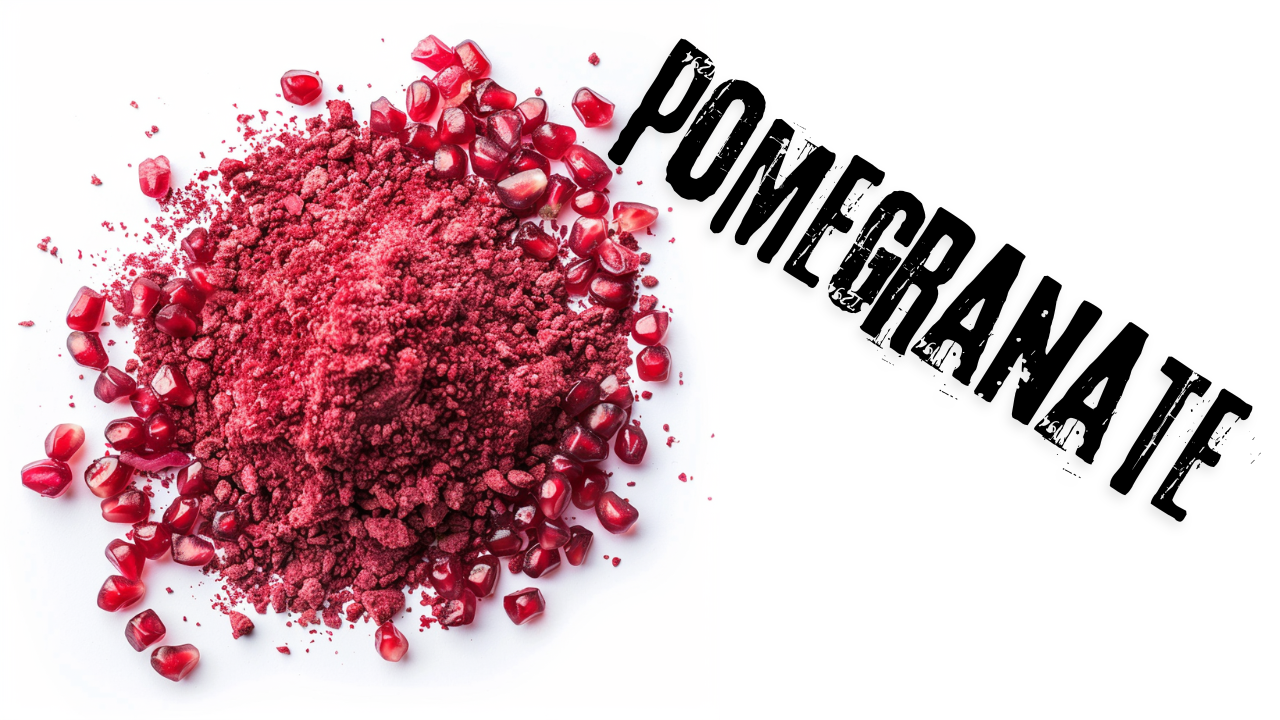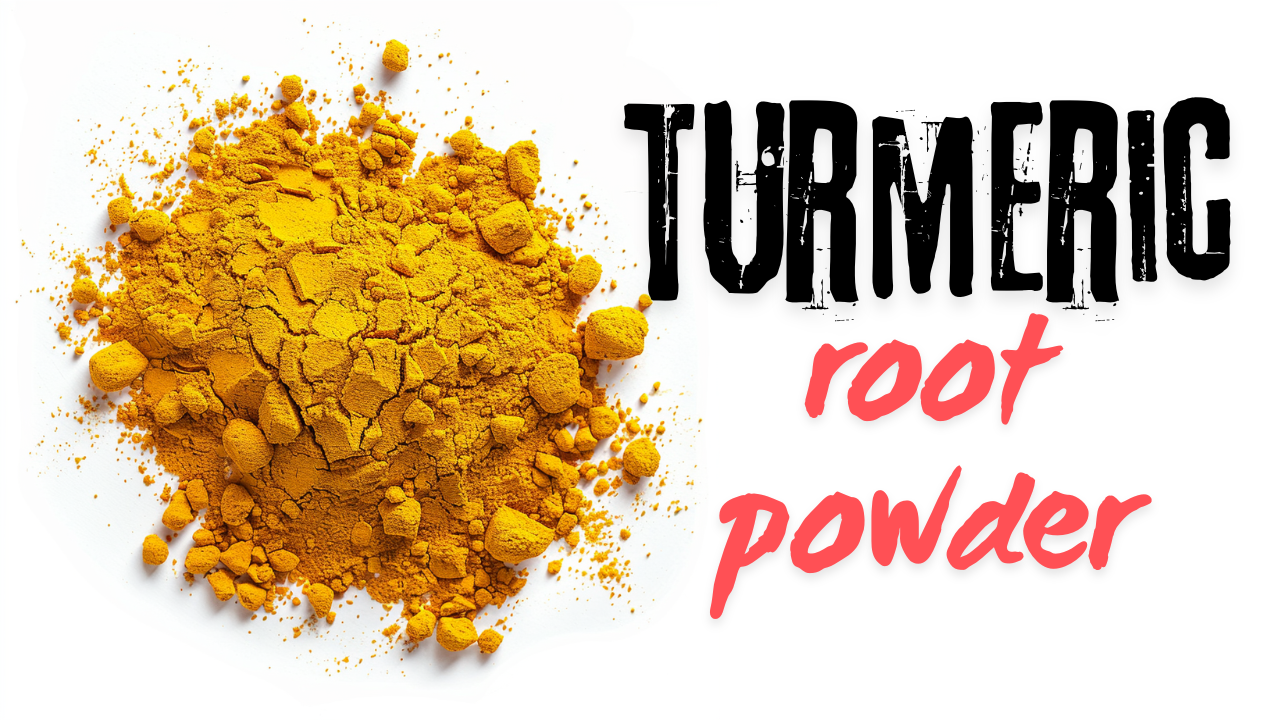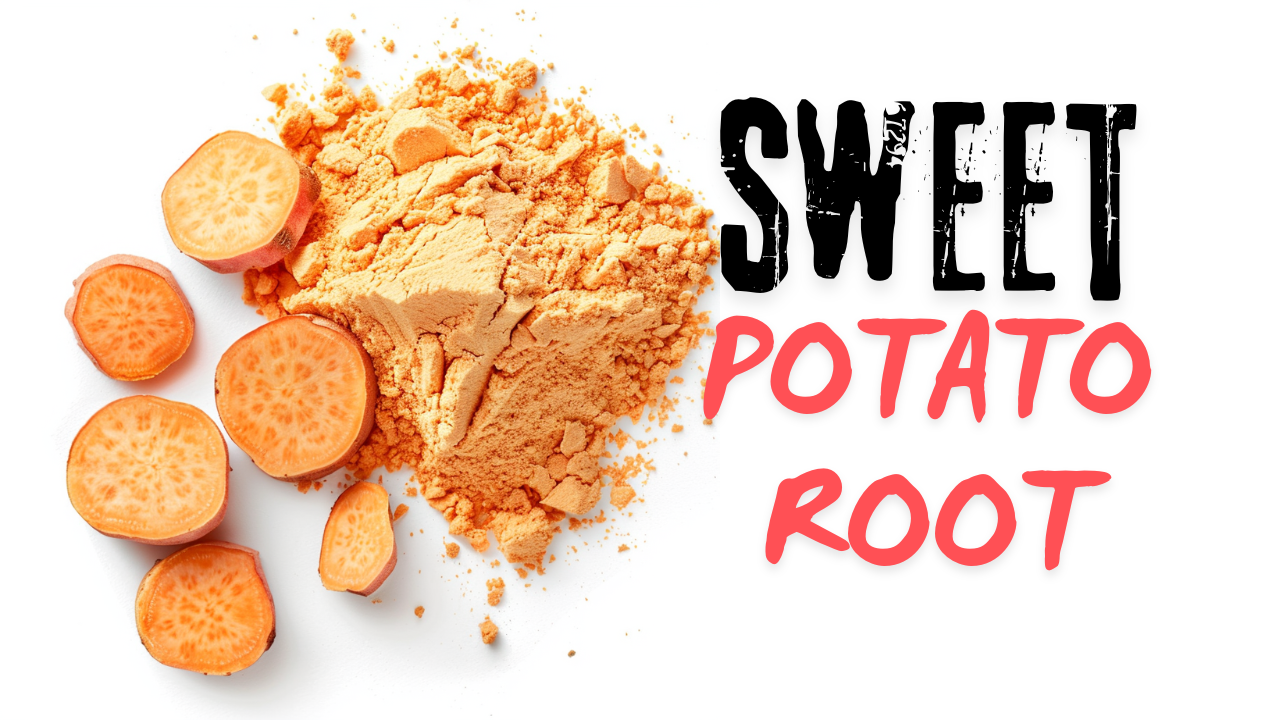In the vibrant world of natural supplements, Turmeric Root Powder stands out for its extensive therapeutic potential. This article aims to shed light on the numerous health benefits of Turmeric Root Powder, exploring its components and effects with a scientific lens. We will conclude with an invitation to experience these benefits through the product 'Reddy,' which includes Turmeric as a key ingredient.
Understanding Turmeric Root Powder
Turmeric, scientifically known as Curcuma longa, is a perennial herbaceous plant of the ginger family. Its powder form is derived from the dried and ground rhizomes of the plant and is distinguished by its bright yellow-orange color, largely attributed to the presence of curcuminoids.
Nutritional and Chemical Profile
Turmeric is not only a culinary staple but also a powerhouse of nutrition and bioactive compounds. The most notable among these is curcumin, a polyphenol known for its potent anti-inflammatory and antioxidant properties.
Anti-Inflammatory and Antioxidant Effects
The hallmark of Turmeric's health benefits lies in its powerful anti-inflammatory and antioxidant effects. Curcumin, the active ingredient, combats inflammation at the molecular level and neutralizes free radicals.
Scientific Evidence:
- Studies, including those published in the Journal of Medicinal Chemistry, have shown that curcumin can modulate several molecular targets, alleviating inflammation.
- Research in the Journal of Alternative and Complementary Medicine found that curcumin's antioxidant properties play a key role in preventing and managing chronic diseases.
Cognitive Health and Alzheimer’s Disease
Turmeric has been studied for its potential in improving cognitive function and slowing the progression of Alzheimer’s disease, primarily due to its anti-inflammatory and antioxidant activities.
Scientific Evidence:
- Research in the Annals of Indian Academy of Neurology suggests that curcumin may prevent or slow the progression of Alzheimer’s disease by removing amyloid plaque buildup in the brain.
Cardiovascular Health
Curcumin’s effects on endothelial function make it beneficial for heart health, as endothelial dysfunction is a significant predictor of heart disease.
Scientific Evidence:
- A study in the Journal of Nutrition and Metabolism demonstrated that curcumin improves endothelial function, reducing the risk of heart disease.
Arthritis and Joint Health
The anti-inflammatory properties of turmeric make it a popular choice for managing arthritis and joint pain.
Scientific Evidence:
- Clinical trials, including those reported in the Journal of Medicinal Food, have found that curcumin is effective in reducing symptoms of arthritis, sometimes performing on par with anti-inflammatory drugs.
Cancer
Preliminary research suggests that curcumin can influence cancer growth, development, and spread at the molecular level and has shown potential in treating and preventing various types of cancer.
Scientific Evidence:
- Studies, such as those published in the Journal of Experimental & Clinical Cancer Research, have shown that curcumin affects cancer growth and development.
Frequently Asked Questions About Turmeric Root Powder
What is the Recommended Dosage for Turmeric Root Powder?
A typical dosage of Turmeric Root Powder is about 500-2,000 mg of curcumin per day. However, it’s best to follow specific product recommendations or consult a healthcare provider.
How Should Turmeric Root Powder Be Consumed for Maximum Benefit?
Turmeric's bioavailability can be enhanced with black pepper, which contains piperine. Incorporating it into a fat-containing meal also increases absorption due to curcumin's fat solubility.
Are There Any Side Effects of Turmeric Root Powder?
Turmeric is safe for most people when consumed in moderate amounts. High doses or long-term use may cause gastrointestinal issues. Those with gallbladder disease should avoid it, as it may exacerbate the condition.
Can Turmeric Root Powder Interact with Medications?
Yes, Turmeric can interact with certain medications, including blood thinners and diabetes medications, due to its blood-thinning and glucose-lowering effects.
Is Turmeric Root Powder Safe During Pregnancy?
It's advisable for pregnant women to consult a healthcare provider before using Turmeric supplements.
Conclusion and Call to Action
Turmeric Root Powder emerges as a versatile and potent natural supplement with a myriad of health benefits, from anti-inflammatory and antioxidant effects to potential roles in cognitive and cardiovascular health. Its scientific backing paints a picture of a supplement that is not just traditional but also effective.
For those keen on embracing the benefits of Turmeric Root Powder, consider 'Reddy,' a thoughtfully crafted supplement that includes Turmeric as a key ingredient. Reddy offers an easy and efficient way to incorporate this powerful herb into your daily routine, supporting your journey towards optimal health and wellness.
Explore the potential of Turmeric with Reddy and elevate your health regimen today.

